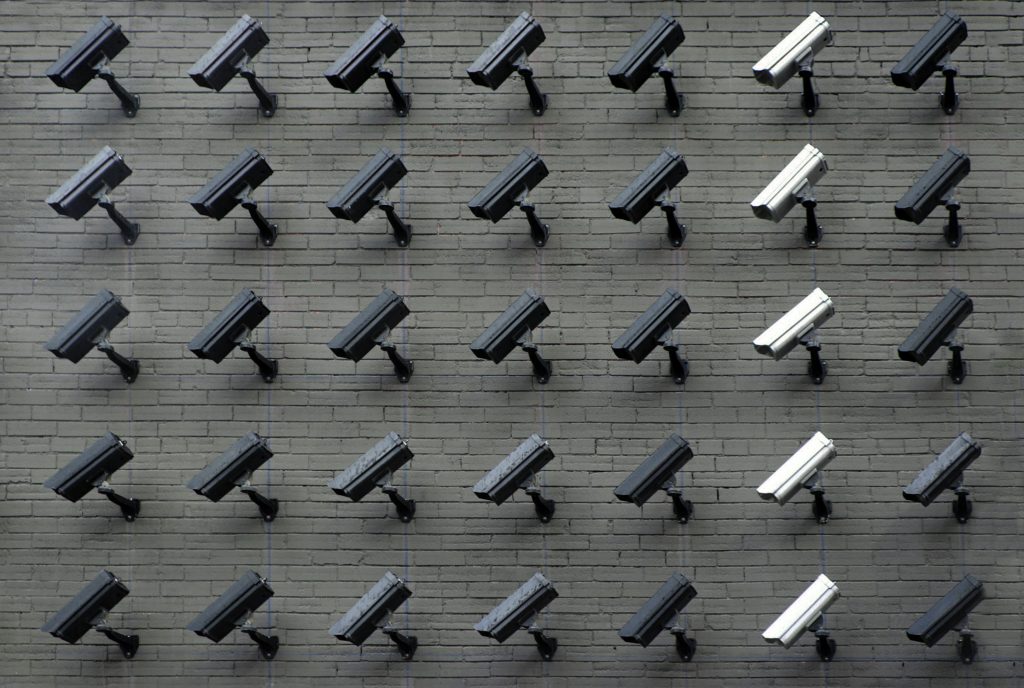Eviction Moratoriums: Great for Tenants, Disastrous for “Mom and Pop” Landlords
PDF Available
By Mohamad Ali Abdallah*
“Here I am expected to absorb everybody else’s heartaches … and nobody’s there to resolve to my heartache,” said Terri Lacy, a “mom and pop” landlord affected by state eviction moratoriums that temporarily absolve tenants of rent, but not landlords of their mortgage payments.[1] When the coronavirus pandemic reached American soil, it resulted in not only a health care crisis, but an economic crisis and a housing crisis.[2] As the economy collapsed and people started losing their jobs, people became fearful that they would not have the money to pay rent, and would lose their houses.[3]
The government turned to eviction moratoriums to prevent people from losing their houses across the United States.4 In a perfect world, this sounds great – individuals affected by the coronavirus that are not able to make their rental payment can just pay later, and, for at least the time being, won’t be evicted. Anyways, landlords are always big companies, so they can afford a few months of missed payments…sounds perfect, right?
Wrong. While the government’s approach protects tenants, it forgets about the “mom and pop” landlords who can be just as vulnerable as tenants. “Mom and pop” landlords typically own just one or two rental units that they use as either their sole source of income or as a supplement to their income. The rental property produces monthly income, and they use that income to pay off the mortgage on that property. Any leftover money is money kept. According to the 2015 American Housing Survey, “mom and pop” landlords make up roughly half of the rental unit market in the United States, while the other half is owned by wealthier business entities.[4]
Take for example the emergency declaration enacted in Los Angeles, California.[5] The declaration shields tenants from eviction for not paying their rent for a term of up to 12 months.[6] After 12 months, tenants are required to back-pay all outstanding rent.[7] While the declaration shields tenants affected by the coronavirus from eviction for not paying rent, it does not shield landlords from foreclosure due to unpaid mortgages. Hence, “mom and pop” landlords without sufficient savings face the consequence of no income for the time-being, penalties for late mortgage payments, and possibly foreclosure of their house.
The declaration is further problematic because it prevents landlords from mitigating their damages for the entire term of the declaration.[8] Since landlords cannot evict non-paying tenants affected by the coronavirus for 12 months, that means they cannot replace the tenant with a paying tenant for 12 months. Upon completion of the 12 month-term, landlords have the burden of collecting 12 months of payment from the tenant, which the tenant is by no means guaranteed to have.
The government’s remedy to the housing crisis caused by the coronavirus pandemic is, in many ways, one-sided. While an eviction moratorium is certainly important as it protects individuals and families from the loss of their house, the government must also protect the interests of “mom and pop” landlords who own rental properties as their source of income and are still required to make mortgage payments.
As the coronavirus pandemic continues to harm Americans, governments must remember that “mom and pop” landlords typically cannot afford to allow tenants to live rent-free. If governments are to enact eviction moratoriums at the expense of “mom and pop” landlords, then they must also suspend the mortgage payments of those landlords and come to an agreement with lending banks. Will governments extend eviction moratoriums after they end? If they do, will they have provisions to protect “mom and pop” landlords more than they do today?
Only time will tell.
*J.D. Candidate, Class of 2022, Arizona State University Sandra Day O’Connor College of Law.
[1] Abby Vesoulis, How Eviction Moratoriums Are Hurting Small Landlords – and Why That’s Bad for the Future of Affordable Housing, Time (Jun. 11, 2020, 10:08 AM), https://time.com/5846383/coronavirus-small-landlords/.
[2] Id.
[3] Id.
4 Id.
[4] American Housing Survey, UNITED STATES CENSUS BUREAU , https://www.census.gov/programs-surveys/ahs/about.html (last visited Nov. 13, 2020).
5 Assem. Bill 3088, 2019-2020 Reg. Sess., ch. 37, 2020 Cal. Stat.
[6] Id.
[7] Id.
[8] Id.


